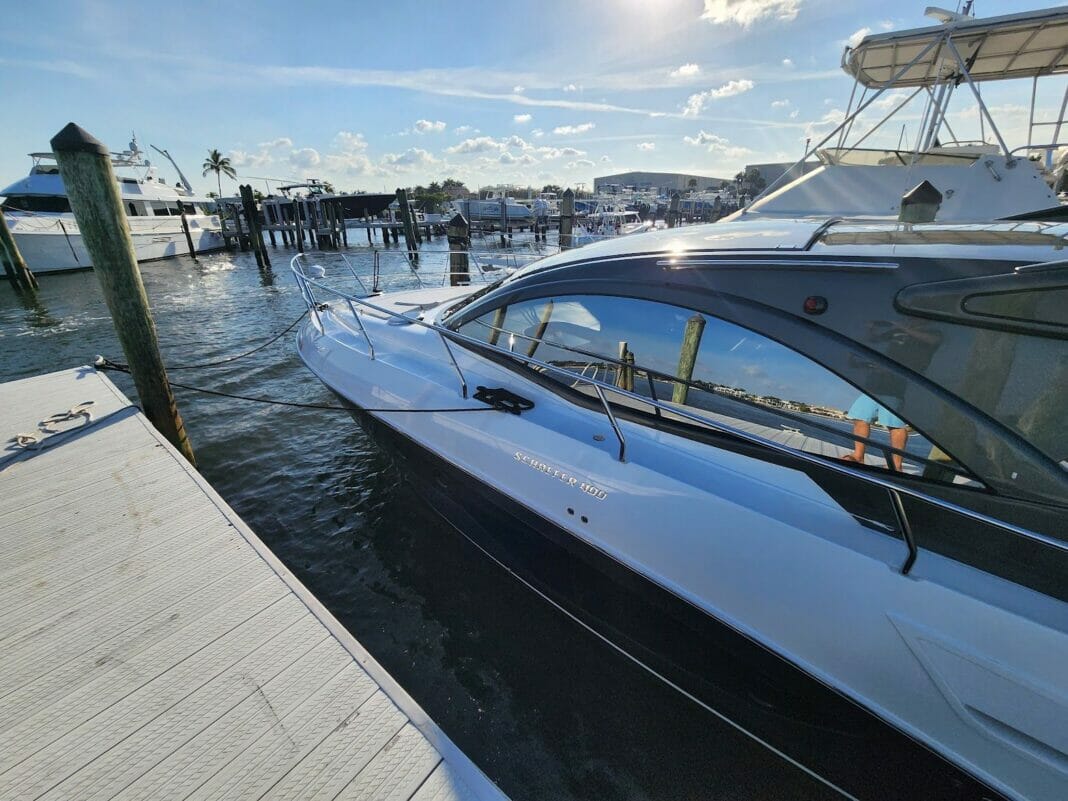Boats can be a great source of relaxation, adventure, and memories. Whether you’re looking to explore the open seas, enjoy a leisurely afternoon on the lake, or go fishing with friends, owning a boat can be an exciting addition to your life. However, there are many factors to consider before making the investment in a new or used boat. This detailed guide is designed to help you make the most informed decision possible. We’ll discuss the factors to consider when purchasing a boat, including the purpose, size, budget, and maintenance involved in boat ownership.
Purpose
One of the first things to consider when purchasing a boat is its intended use. What activities do you plan to engage in while on the water? Will your boat be primarily used for fishing, cruising, sailing, or water sports? Establishing your primary purpose will help guide your decision on the type of boat that best suits your needs.
Types of boats to consider:
Fishing Boats: These boats are designed specifically for fishing enthusiasts, with special features such as live wells, rod holders, and trolling motors. They are available in various sizes and styles, including smaller freshwater boats, offshore saltwater boats, and bass boats.
Cruisers: If relaxation and entertaining are your primary goals, a cruiser may be the best option. These boats are designed to accommodate guests and provide a comfortable experience on the water. Sizes and styles can range from compact day cruisers to luxurious motor yachts.
Sailboats: If you’re drawn to the sport and challenge of sailing, a sailboat may be the right choice for you. Sailboats rely on the wind for propulsion and require a unique skill set to operate. They are available in various designs, including small day sailers, racing boats, and cruising sailboats.
Water Sport Boats: For those interested in wakeboarding, skiing, and other water sports, specialized towboats are designed to create the perfect wakes for these activities. These boats offer powerful engines and unique hull designs to provide the best performance for water sports enthusiasts.
Size
The size of your boat is another important factor to consider. Larger boats typically offer more comfort, amenities, and stability, but they also come with higher costs and can be challenging to handle for novice boaters. Be realistic about how much boat you need and can safely manage. Keep in mind where you plan to store and use your boat, as this will also play a role in determining the appropriate size.
Budget
Boat ownership can be expensive, so you must have a clear understanding of your budget before making a purchase. Initial costs to consider include the purchase price of the boat, taxes, registration, and insurance. But the expenses do not stop there. You also need to budget for fuel, dock or storage fees, maintenance, repairs, and safety equipment.
Financing a Boat
If you cannot afford to purchase a boat outright, financing is an option. However, consider the length of the loan term and the interest rate, as these can significantly impact your overall cost of ownership.
Buying New vs. Used Boats
Buying a new boat means you’ll benefit from a warranty and customization options. However, new boats will typically depreciate faster than used boats. Conversely, buying a used boat can save you a significant amount of money, but you may encounter higher maintenance costs and potential hidden problems.
Maintenance and Upkeep
Regular maintenance is crucial to keep your boat in good working condition, safe, and reliable. Be prepared to devote time and money to maintaining your boat, or budget for professional maintenance services. Some essential maintenance tasks include cleaning, engine and systems checks, winterization, and annual haul-outs for inspection and maintenance.
Storage and Transport
Make sure to account for the cost of where you will store your boat, whether in a marina, dry storage facility or at your home. Additionally, consider how you will transport your boat to and from the water or storage facilities. Some boats can be towed on a trailer, while others may require special equipment or professional transport services.
Skill Level and Boating Education
If you’re new to boating, consider taking a boating safety course or obtaining a boating license, if required in your area. Many courses provide essential information on safe boating practices, navigation, and boat operation. Additionally, familiarize yourself with the specific handling characteristics of the type of boat you plan to purchase. Hiring a professional captain for some initial instruction is also recommended.
Test Drive
Just like purchasing a car, a test drive is essential before buying a boat. This will give you an opportunity to examine the boat’s performance and handling characteristics, check for potential issues, and ensure it meets your needs and comfort level.
By considering these factors when purchasing a boat, you’ll make a more informed decision and ultimately enjoy a rewarding boating experience.


